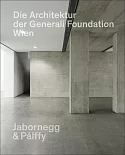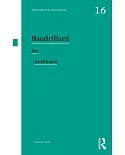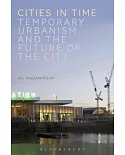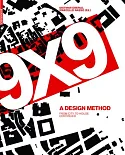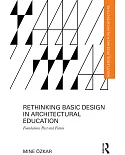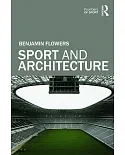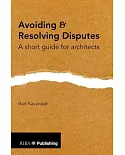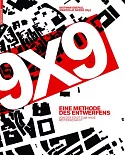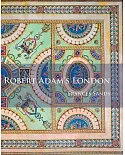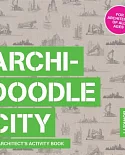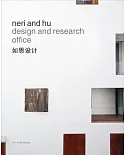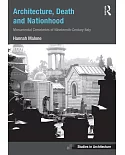Critical architectural theory has, over the past decade and a half, undergone significant transformation. The urgency of the 1990s propractice movement, with its mandate to focus on the
realities of building, has shifted architectural theory away from utopian ideals and heavy-handed cultural critiques toward the realities of architecture and building. This transition renders
theory's immediate history particularly relevant to contemporary thought and practice.
Constructing a New Agenda offers an overview of the myriad approaches and attitudes adopted by architects and architectural theorists during this era. In this long-awaited follow-up to our
critically acclaimed and best-selling anthology Theorizing a New Agenda, editor A. Krista Sykes collects twenty-eight essays that address architectural theory from the mid-1990s, where
the first volume left off, through the present.
Multiple themes—including the impact of digital technologies on processes of architectural design, production, materiality, and representation; the implications of globalization and networks of
information; the growing emphasis on sustainable and green architecture; and the phenomenon of the 'starchitect' and iconic architecture—overlap to address the contemporary situation as a
whole. By providing, in one place, the key theoretical texts of the past fifteen years, Constructing a New Agenda becomes a foundation for ongoing discussions surrounding contemporary
architectural thought and practice. Contributions by distinguished thinkers and makers such as Stan Allen, Deborah Berke, Michael Braungart, Rem Koolhaas, Sanford Kwinter, Greg Lynn, Reinhold
Martin, William McDonough, William Mitchell, Samuel Mockbee, Glenn Murcutt, Jesse Reiser and Nanako Umemoto, Michael Speaks and Anthony Vidler are preceded by brief introductions that establish
each essay's particular historical context and significance. An afterword by preeminent architectural theorist K. Michael Hays reflects on where architectural theory is today and where it's
headed in the future.


